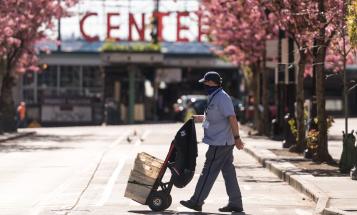
Media
We are changing the conversation around our democracy and economy by telling influential new stories about our country and its people. Get our latest media updates here.
We are changing the conversation around our democracy and economy by telling influential new stories about our country and its people. Get our latest media updates here.